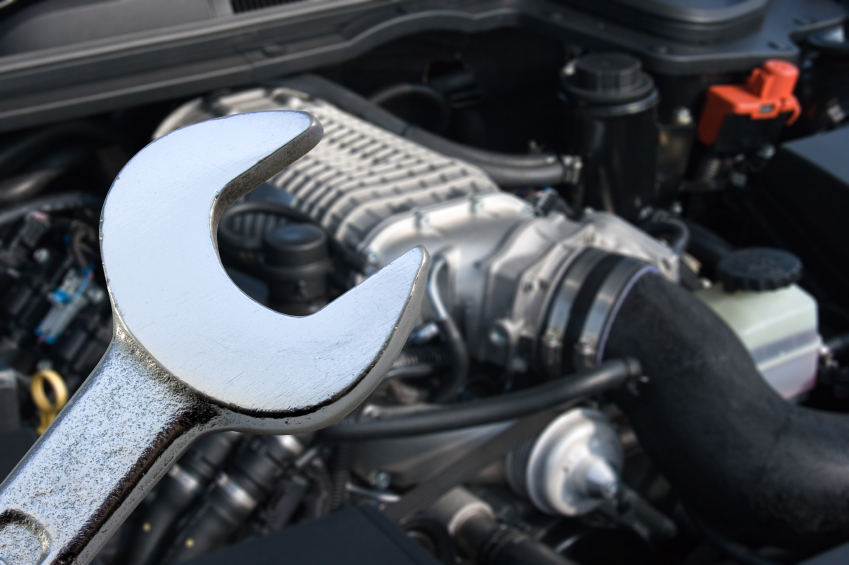Lemon laws are a set of laws put in place to protect consumers who have purchased defective vehicles. If you find yourself constantly bringing your car in for the same repairs, lemon laws may apply to you. These laws are designed to give consumers legal leverage to seek a refund for the purchase price of their vehicle, or a replacement, and sometimes even reimbursement for troubles.
The term “lemon” refers to a defective product, in this case, a car. Lemon laws vary from state to state, with some states covering used vehicles while others only apply to new vehicles. Some states may also include motorcycles and RVs in their lemon laws. It is important to research and understand the specific lemon laws in your state to determine if you are covered.
To be eligible for lemon law protection, your vehicle must have an ongoing issue that the manufacturer has attempted to repair multiple times without success. Lemon laws typically only apply during the first year or two of ownership and within a certain mileage limit. It is crucial to keep detailed records of all repairs done during the warranty period, including receipts and repair orders.
If you believe your car may be covered under lemon laws, you will need to file a complaint with the appropriate authorities in your state. This process may vary depending on where you live and where you purchased the vehicle. In some states, filing a lemon law complaint is a straightforward process, while in others, it may require the assistance of an attorney.
If you have exhausted all options under lemon laws and are still not satisfied with the outcome, you can file a consumer complaint with the National Highway Traffic Safety Administration. Consumer complaints play a crucial role in prompting investigations into specific vehicle problems.
In conclusion, lemon laws are in place to protect consumers from being stuck with a defective vehicle. If you believe your car may be covered under lemon laws, it is important to take the necessary steps to file a complaint and seek the refund or replacement you are entitled to. Remember to keep thorough records of all repairs and communication with the manufacturer to strengthen your case. Consumer complaints play a crucial role in ensuring the safety and quality of products, especially when it comes to automobiles. Such complaint information often leads to consumer recalls if it pertains to safety in some way or technical service bulletins regarding the problems.
When consumers report issues with their vehicles, manufacturers and regulatory bodies take these complaints seriously. If a specific problem is identified as a safety concern, it may result in a consumer recall. This means that the manufacturer will notify owners of affected vehicles and provide a solution to fix the issue at no cost to the consumer.
On the other hand, technical service bulletins are issued by manufacturers to address common problems that may not pose a safety risk but can still affect the performance or reliability of the vehicle. These bulletins provide guidance to mechanics and dealership service departments on how to diagnose and repair these issues.
One common question that consumers may have is regarding the 30-day lemon law rule for used cars. The 30-day lemon law for used cars varies by state but generally means that if a car is being repaired for 30 days out of a year, it is considered a lemon. However, the specifics of the law can differ from state to state, so it’s important to check the regulations in your area.
Another frequently asked question is whether the lemon law applies to used cars with no warranty. The application of the lemon law to a used car with no warranty depends on the specific issue with the vehicle and the laws of the state where the vehicle was purchased. In some cases, the lemon law may still apply even without a warranty, so it’s essential to understand your rights as a consumer.
Overall, consumer complaints play a vital role in holding manufacturers accountable for the safety and quality of their products. By reporting issues with vehicles, consumers can help prevent potential hazards and ensure that their vehicles are safe and reliable for everyday use.






